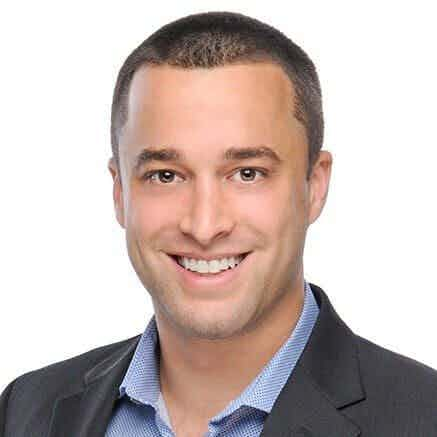Background:
The plaintiff brought this case after she developed Stevens-Johnson Syndrome (SJS) and Toxic Epidermal Necrolysis (TEN). This was due to a high dose of Lamictal that was administered to her during a visit to a hospital. She sued the local County Health Care Authority and two doctors. She alleged that they committed medical malpractice in violation of state law. In this case, the court addressed a motion by the defendant doctors to exclude the opinions of two expert witnesses. They had both testified in favor of the plaintiff. One of the defendant doctors challenged the plaintiff’s expert witnesses qualifications and methodology. The court performed a thorough analysis through the lens of Daubert v. Merrell Dow Pharms in determining that this motion should be denied.
Outcome:
The court began by explaining the legal standard for evaluating expert testimony. They cited Daubert as providing the trial court the role as a gate-keeper for expert-witness testimony. Daubert, 509, U.S. at 597. As a gate-keeper, the court is obligated to make determinations of the relevance and reliability of the expert witness testimony provided. The court sought to screen the expert testimony to ensure it stemmed from a reliable methodology. As well as ensuring the reliable application of that methodology.
In order to ensure the relevancy and reliability of the testimony provided in this case, the court followed a three-part inquiry the Eleventh Circuit Court of Appeals had laid out. This inquiry included considering whether the expert is qualified to testify competently regarding the matters he intends to address, the methodology by which the expert reaches his conclusions is sufficiently reliable, and whether the testimony assists the trier of fact, through the application of scientific, technical, or specialized expertise, to understand the evidence or to determine a fact in issue. Rosenfeld v. Oceania Cruises, Inc., 654 F.3d 1190, 1193 (11th Cir. 2011).
One of the defendant doctors made two general arguments criticizing both expert witnesses’ opinions. Firstly, he claimed they failed to show the exact mechanism of how a higher dosage of Lamical causes SJS or TEN. Also that they failed to present a double-blind scientific study proving causation. The argument about the doctors not showing the exact mechanism was ruled to be wrong as a matter of law. The court noted that this standard would be too strict. Although a plaintiff must show causation, the specific interactions or mechanisms causing the effect do not need to be explained. It is ok for an expert to base his reasoning on the results of something like a placebo-controlled study, rather than a scientific explanation of each microscopic action that occurs between the cause and effect.
The defendant doctor next argued that even if no proof of the exact mechanism is required, both of the plaintiff’s expert witnesses offered no double-blind study confirming the causation. Past precedent stated that a conclusive clinical study isn’t needed as long as the expert used a reliable methodology to make conclusion from known information. See Gess v. United States, 991 F. Supp. 1332, 1339-1340 (M.D. Ala. 1997). The court agreed with the plaintiff’s expert witnesses’ arguments that such a double-blind study involving humans and their reactions to drugs would be unethical in this case.
The defendant doctor also argued that one of the expert witnesses wasn’t qualified to be an expert on causation. The expert witness isn’t an expert on SJS or TEN, nor been involved in any research on the subject. Therefore he can not be an expert on whether Lamictal caused the plaintiff’s SJS. However, the court disagreed because the expert witness in question routinely prescribed Lamictal in his psychiatric practice.
Additionally, the expert witness performs much work in psychopharmacology. Therefore he has an understanding of how the body and medication interact. Someone like this expert witness would certainly understand the reasons for prescribing certain doses of Lamictal. As well as the potential harms of prescribing too much. Although the expert witness can not personally diagnose SJS or TEN, the presence of those diseases as diagnosed by a dermatologist allowed him to speak on the matter of why he would not have prescribed such a high dose of the drug, citing available clinical studies and research in which he would have relied on in not doing so, a methodology that is considered reliable.
The defendant doctor’s argument that the plaintiff’s second expert witness was not qualified to testify on whether the higher dosage of Lamictal caused the plaintiff’s SJS or TEN was also denied by the court. The court ruled that the second expert witnesses’s 50-years in dermatology, as a private practitioner, professor, research publisher, as well as having treated a fairly large amount of SJS patients, left him undoubtedly qualified to testify. The defendant doctor also challenged the expert’s methodology in concluding the higher dosages of Lamictal causes SJS and TEN. The court stated that the expert’s methodologies were reliable. This included citing to papers and widespread medical practice that would debunk any claims by the defendant that something other than Lamictal could have caused the plaintiff’s SJS and TEN.




